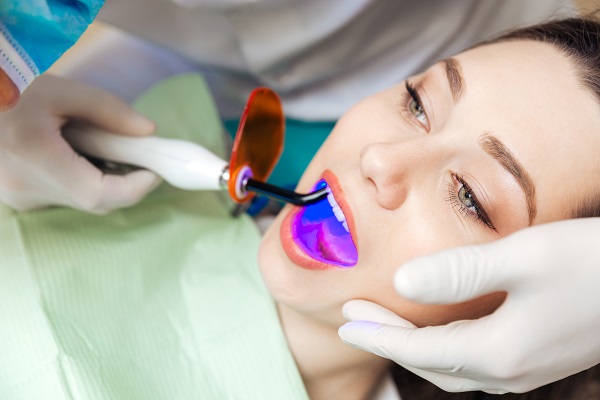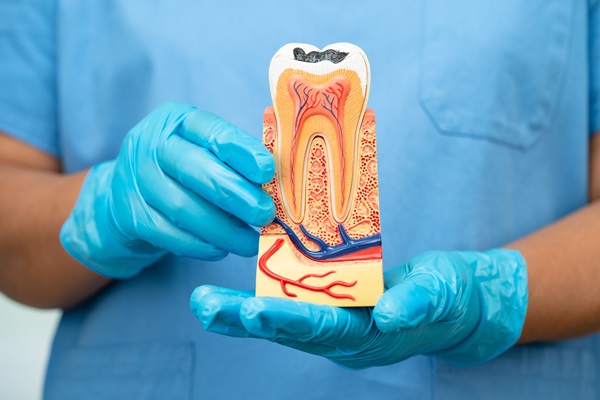Different Levels of Sedation Dentistry

Sedation dentistry might be necessary when feeling anxious or nervous about visiting the dentist for routine care or certain procedures. Dental anxiety is a common condition and it can be caused for a variety of things. Some people have a fear of dentists due to past negative experiences, while others might be afraid of the tools used by dentists.
Sedation dentistry serves a crucial role since people with dental anxiety may do anything to avoid going to the dentist. As a result, minor dental issues are left to fester until they turn into something more serious. This leads to higher dental bills, more pain and extreme discomfort, all of which could be avoided if the appropriate measures were taken early on. It is the pain caused by serious dental issues like cavities and infections that often forces people with dental phobias to face their fears and see a dentist.
The different levels of medication used in sedation dentistry
Sedation dentistry aims to keep patients with dental phobias relaxed during their treatments. This makes their experience at the dentist more pleasant while the dentist can get more work done. Here are the various levels of sedatives that can be used to keep patients calm and relaxed during treatments:
1. Minimal sedation
This is the first level of sedation used to combat dental anxiety. It can involve inhaled medication like nitrous oxide, also known as laughing gas or oral medication. Laughing gas is used to keep patients calm and relaxed during their treatment. The medication is administered via a face mask and it takes effect within a few minutes. The effects wear off quickly, allowing patients to drive themselves home afterward.
Oral medication like Halcion, a type of valium, can be used to address the anxiety that might occur before getting to the clinic. The pill can be taken about an hour before the patient's appointment. Such medication will make a person drowsy, so transportation should be arranged.
2. Moderate sedation
These medications are used to put the patient in a reduced state of consciousness. The patient should still be able to respond to verbal commands given by the dentist during their treatment, but they might not remember what went on afterward. The patient's reflexes remain functional under the influence of these drugs and they can breathe without assistance. IV administration and oral medication are typically used as moderate levels in sedation dentistry.
3. Deep sedation
This level of sedation leads to very low levels of consciousness and the patient might not be able to respond to commands. The patient might also need assistance breathing and keeping their airways open. This level of sedation dentistry is usually used during surgical treatments.
4. General anesthesia
This leads to a total loss of consciousness that the patient cannot be awakened from even when stimulated with pain. The patient will need a ventilator to keep their airways open. This level of sedation is typically performed in a hospital setting for more complex oral procedures.
Explore dental sedatives
Call or visit our Gibbsboro clinic if you need help getting past any dental phobias.
Request an appointment here: https://beautifulmouth.com or call Beautiful Smile, LLC at (856) 346-8900 for an appointment in our Gibbsboro office.
Check out what others are saying about our dental services on Yelp: Sedation Dentistry in Gibbsboro, NJ.
Recent Posts
Sedation dentistry helps individuals to overcome the fear of dentists. Dental anxiety affects many people and it often prevents them from getting treatments they need when problems develop in their mouths. However, most dental problems do not go away on their own. Treatment is needed to prevent the issue from getting worse, which can result…
Dentists recommend root canal treatment for damaged, diseased, or infected teeth. The treatment aims to eliminate bacteria within the tooth's pulp and save a patient's natural teeth. After a tooth matures, it no longer requires the pulp for nourishment. The dentist removes the infected pulp, disinfects the inside, and seals it to prevent reinfection.Decay and…
Dental implants are the best way to fill in the gaps from missing teeth. Missing teeth cause a number of oral health issues, including making it harder to chew and altering the structure of the other teeth. However, dental implants are not suitable for all patients. You must have healthy teeth and gums, good oral…
Patients considering dental crowns may have concerns regarding the recovery period following the procedure. Fortunately, the typical recovery period is relatively quick and involves minor inconvenience. Most risks and complications resulting from the procedure are comparable to those of most dental procedures and therefore require similar precautions.The placement of dental crowns involves two stages, each…


